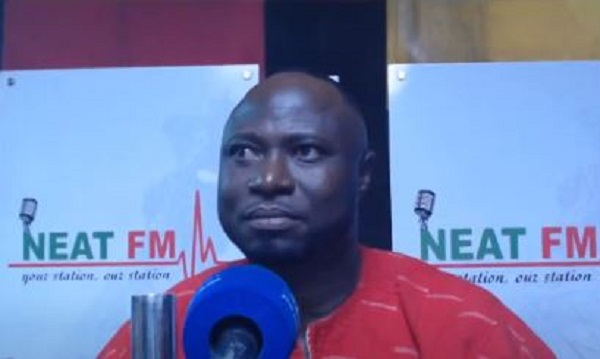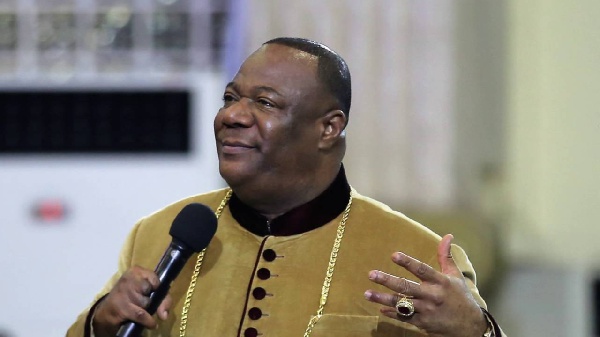Nigeria today reminds one of the George Orwell book Animal Farm in so many ways. Apart from the sacred Cows, there’s also how much discomfort we face because of the actions of the many, who for narcissistic reasons are committed to putting the cart before the horse. One of such actions happened over the last week of February, but this event quietly slipped through the cracks because of a slew of high-profile school kidnappings. It bears looking at, however.
On February 28, the Chief Strategy Officer of Dangote Group, Aliyu Suleiman said that the importation rights for petrol should be awarded only to licensed and active refineries in Nigeria. This demand was in his speech to members of the National Assembly’s Joint committee on the Petroleum Industry Bill (PIB) who paid a visit to the site of the Dangote Refinery, which is under construction, and slated to be soon finished.
Suleiman insisted that any need to supplement shortfalls in the local production of petroleum products, due to maintenance procedures or whatever else, should be legally limited to the companies with active refining licences. This means that they should be the ones to benefit from their own failure to do what they were licensed and partly subsidised to deliver to the marketplace. This idea could also prevent the forces of demand and supply from determining market trends, with imports not being allowed to compete with local supply and hopefully get us a truly competitive pricing regime.
The very fact that demands like this can be made openly and to members of a National Assembly that should be made up of people who look out for their respective constituencies, shows us how unbalanced things are. For starters, we ought to understand that Nigeria will not move forward just by virtue of Dangote being made wealthier. You do not lift a society by taking from everyone so you can make one person a god. The deification of an individual at the expense of the majority is not useful.
We really should not have to remind people who have spent almost half a century in and around government that the personalisation of government policy is a flawed approach that’s responsible for much of the damage associated with less balanced government models like monarchies and theocracies.
A public policy is a course or principle of action chosen by a government for the achievement of specific goals that should ideally favour as much of the society as possible.
Policies are abstract vehicles that take you from one point to another and vehicles can only perform their primary function of providing mobility when the components responsible for the drive are placed in the right positions, relative to the other parts of the system, hence the idiom about carts being positioned in front of horses.
It is amazing to see the extent to which Nigeria’s macroeconomic policies are tweaked to give Dangote’s companies favourable treatment that doesn’t translate into cost-effective benefits for the rest of the nation. Macroeconomic policy should help create a stable economic environment for the majority. Nigeria goes too far with how its fiscal policy, industrial policy, and exchange rate policy are bent to accommodate Dangote’s business interest.
through taxation models and Dangote’s privilege when it comes to tax exemptions and holidays are the stuff of legends. Nigeria’s exchange rate policy is also engineered to favour him with preferential rates being made available to his businesses.
Continue reading on 774ngr.com

![Why Ghana is the ultimate living location [Article]](https://citinewsroom.com/wp-content/uploads/2021/03/boulevard.jpg)





